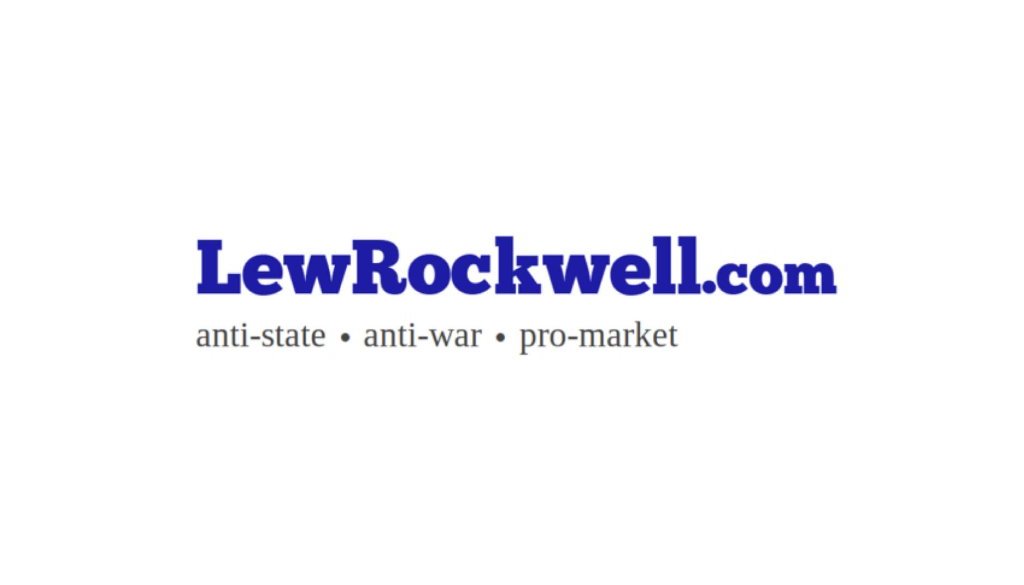On the Eve of Trump, Iran and Russia Launch Historical Deal
Timing is everything in geopolitics. This past Friday in Moscow, only three days before the inauguration of US President Donald Trump in Washington, top BRICS member leaders Russian President Vladimir Putin and Iranian President Masoud Pezeshkian signed a Comprehensive Strategic Partnership Agreement, detailed in 47 articles, twice as many as in the recent Russian–North Korean deal.
This strategic partnership is now set in stone just as the – unpayable – humongous debt of the US government reaches an unprecedented $36.1 trillion, equivalent to $106.4k per American, and just as the US share of the global economy falls below 15 percent for the first time, based on World Bank/IMF figures.
In sharp contrast, the Russia–Iran strategic partnership aims to solidify even more the interlocking drive of crucial multilateral organizations driven to organize the new multimodal world: BRICS+, the Shanghai Cooperation Organization (SCO), and the Eurasia Economic Union (EAEU).
Call it a landmark moment in the long, ongoing Eurasia integration process. Or, as the Global Majority largely interprets it, a direct, sovereign challenge to the dying, western-imposed “rules-based international order.”
The wide-ranging strategic Tehran–Moscow partnership boosts collaboration in the security and defense realms, and places particular emphasis on the smooth development of the International North-South Transportation Corridor (INSTC), a trans-Eurasia axis uniting Russia, Iran, and India, solidifying Iran as a key transit hub for Russian gas and goods sold to several Afro-Eurasia partners.
Rewriting the rules of asymmetric warfare
It’s enlightening to highlight Putin’s own interpretation of the partnership, which he calls a “groundbreaking document” that sets “ambitious goals,” focused on “sustainable development.”
He added that Russia and Iran align on “most” foreign policy issues, are independent nations, and that both civilizational nations “resist external pressure and oppose illegitimate sanctions.”
Iranian Foreign Minister Abbas Araghchi stressed how the partnership replaces “unilateralism with cooperation and respect,” in a deal meant to provide Iran and Russia with the tools to build “a new order in which cooperation will replace hegemony and respect will replace imposition.”
Now, to some of the nitty-gritty. Although the agreement is not constituted as a formal military alliance, the partnership institutionalizes military exchanges at the highest level – from joint drills and weapons development to intelligence-sharing projects.
Moscow will inevitably sell Sukhoi S-30 fighter jets, Pantsir, Tok, and Buk missiles, and S-400s defense systems (and in the near future, S-500s) for Iranian air defense against possible instances of US–Israel adventurism while buying a vast array of made-in-Iran missiles and drones. Exchanges on Artificial Intelligence research will also be boosted. Both Iran and Russia are on the global frontlines of rewriting the rules of
Article from LewRockwell

LewRockwell.com is a libertarian website that publishes articles, essays, and blog posts advocating for minimal government, free markets, and individual liberty. The site was founded by Lew Rockwell, an American libertarian political commentator, activist, and former congressional staffer. The website often features content that is critical of mainstream politics, state intervention, and foreign policy, among other topics. It is a platform frequently used to disseminate Austrian economics, a school of economic thought that is popular among some libertarians.




